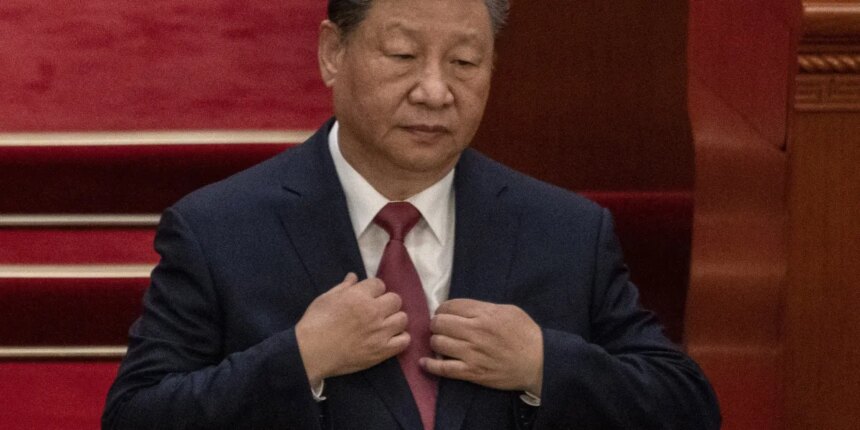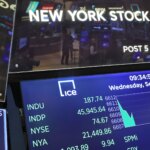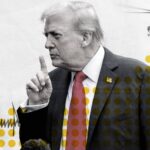Beijing is tightening its grip on the global supply chain of rare earth elements, with new export controls set to take effect on December 1. The Chinese commerce ministry announced that foreign companies will be required to obtain a license to export products containing more than 0.1% of rare earths or those produced using Chinese technology. This move has sparked immediate responses from the United States, including President Donald Trump’s declaration of a 100% tariff on Chinese goods, coupled with restrictions on U.S. exports of software.
According to Dean Ball, a former senior advisor in the White House Office of Science and Technology Policy, China’s decision is not just a tactical maneuver within the ongoing U.S.-China trade war. He warns that the implications of these controls transcend mere economic exchanges, asserting that China’s policy positions it to effectively bar any country from accessing critical components necessary for modern economic participation. Ball emphasizes that China’s extensive industrial capacity, developed through significant investment despite financial and environmental costs, enables this maneuverability.
China dominates the global market for rare earths, controlling over 90% of the processed supply, which is essential across various sectors, including technology, automotive, and defense industries. The situation has already strained U.S. automotive production due to shortages, illustrating the potential disruptions that could follow these export restrictions.
Recent trade tensions have added complexity to the situation. The U.S. has imposed restrictions on semiconductor exports to China while simultaneously instating port fees on Chinese shipping. In retaliation, China has reciprocated with its own fees and has launched an antitrust investigation into U.S. chipmaker Qualcomm, further escalating the back-and-forth.
Michael Froman, the president of the Council on Foreign Relations and a former U.S. Trade Representative, noted that while the U.S. can restrict China’s access to current technology, China’s control over rare earth supply chains complicates future developments in advanced technologies. This sentiment reflects a growing concern that the U.S. may be inadvertently playing into China’s strategy during this standoff.
Economist Robin Brooks from the Brookings Institution remarked on the potential backlash of Trump’s tariff threats, suggesting that they might not yield the intended outcomes for the U.S. economy. He pointed out that Chinese exporters are facing significant profit declines, indicating that Beijing’s decision to leverage rare earth resources could stem from a position of necessity rather than strength.
In response to the heightened tensions, China’s commerce ministry conveyed that it does not seek a trade war but also remains unflinching in its policy implementations. The ministry clarified that the export controls are not a complete ban on shipments but rather a matter of national sovereignty.
Ball further underscored the situation as an opportunity for global actors to reevaluate and develop alternative supply chains. He argued that supply chains are adaptable and that if the necessity arises, the global community can respond more rapidly than currently perceived by policymakers in major capitals worldwide.







